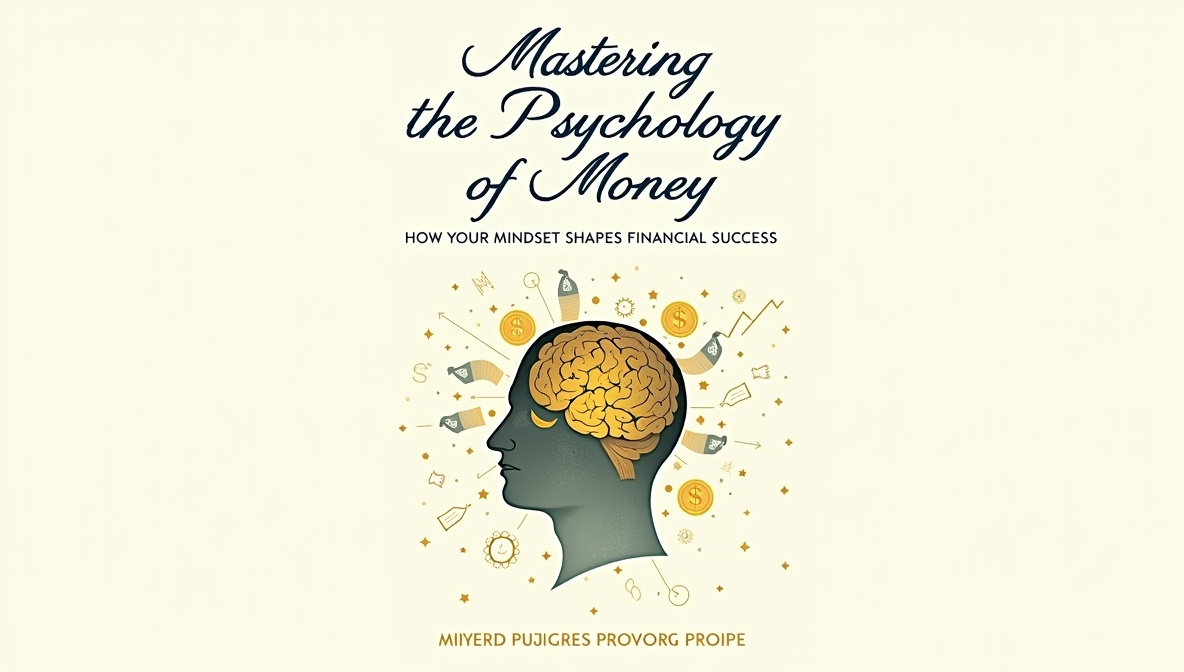When people think of money, they often focus on numbers—budgets, interest rates, income, and expenses. But beneath every financial decision is something even more powerful: mindset. The psychology of money is not just about how you spend it, but how you think about it. Your beliefs, habits, and emotional responses to money can significantly impact your financial success or struggles.
Let’s explore how mastering your money mindset can change the way you manage finances and build lasting wealth.
Money Is Emotional, Not Just Logical
While financial literacy often emphasizes logic—like the importance of saving, investing, and avoiding debt—our emotions frequently override what we know to be rational. For example, someone may understand that saving for retirement is crucial, but they may still spend impulsively because shopping gives them short-term emotional relief.
This emotional relationship with money is often formed early in life. The way our parents talked about money, the financial experiences we witnessed growing up, and even moments of financial scarcity or abundance shape our beliefs. Some people grow up thinking money is a source of stress or conflict, while others may see it as a measure of success or security.
Recognizing these emotional patterns is the first step in developing a healthier relationship with money.
Scarcity vs. Abundance Mindset
One key concept in the psychology of money is the difference between a scarcity mindset and an abundance mindset.
A scarcity mindset is the belief that there’s never enough—money is always tight, opportunities are limited, and financial setbacks are inevitable. This mindset can lead to chronic anxiety, hoarding money, or avoiding investing out of fear.
On the other hand, an abundance mindset is rooted in the belief that opportunities are plentiful, and that money can be a tool for growth and giving. People with this mindset are more likely to take calculated financial risks, invest in themselves, and stay calm during economic downturns.
While adopting an abundance mindset doesn’t mean ignoring financial risks, it encourages a more optimistic and proactive approach to money.
Habits That Support a Positive Money Mindset
Set Clear Goals – Without specific financial goals, it’s easy to drift. Define what financial success looks like for you, whether it’s buying a home, paying off debt, or achieving early retirement.
Track Your Emotions Around Money – Keep a journal for a week. Every time you spend or save, jot down how you felt and why you made that decision. Patterns will emerge that can help you understand your habits.
Celebrate Small Wins – Paying off a credit card or sticking to a monthly budget might seem small, but acknowledging progress keeps you motivated and focused.
Educate Yourself Constantly – Financial knowledge reduces fear. Read books, listen to podcasts, or take courses to stay informed and confident in your decisions.
Surround Yourself With Positive Influences – Whether it’s friends who support your financial goals or mentors who have succeeded in building wealth, the people around you affect your mindset.
Final Thoughts
Improving your financial life isn’t just about earning more or cutting expenses—it’s about understanding your own psychology. When you become aware of your money beliefs and learn to challenge them, you give yourself the power to make smarter, healthier financial choices.
Mastering the psychology of money might just be the most valuable investment you ever make—not only for your wallet but for your peace of mind.

